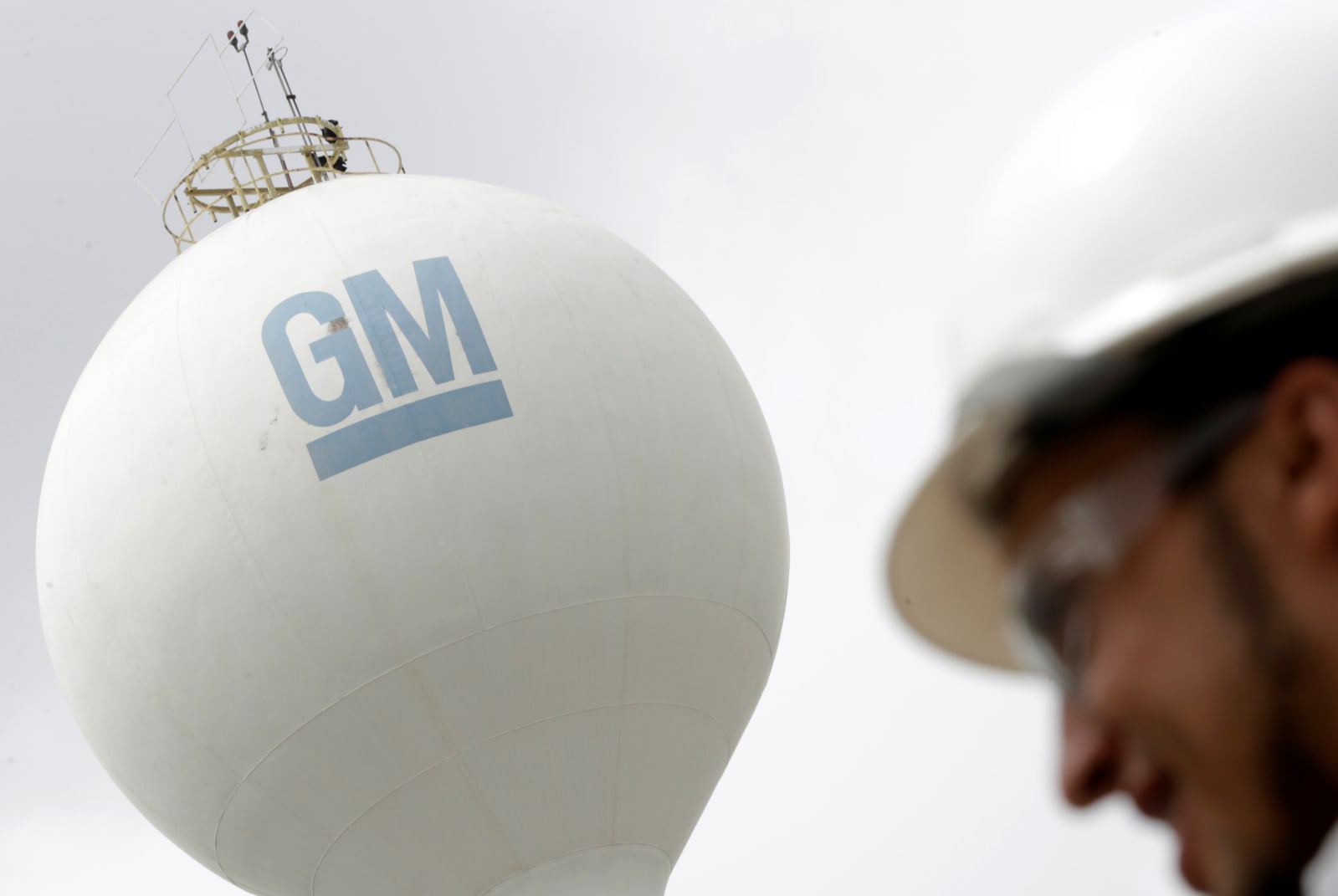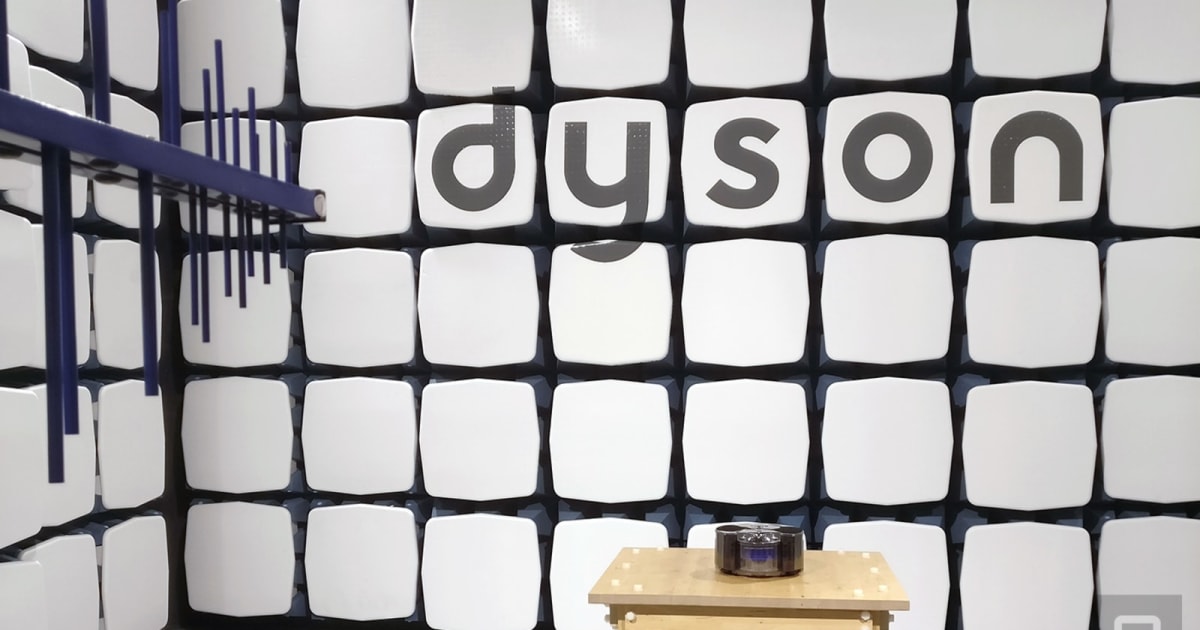GM is supplying next-gen batteries for Honda EVs
https://ift.tt/2M5uhL4
Stringer . / Reuters
GM has expanded its collaboration with Honda to supply the Japanese automaker with next-generation batteries. These will go in EVs built mainly for the North American market, and though neither company stated when they would start using the new power options, sources told Reuters that they’re expected to begin production in 2021.
GM’s innovations intend to cut electric battery costs in half — which is huge, given their typical pricetag between $10,000 and $12,000, sources told Reuters earlier in the year. The deal will help Honda speed up EV production after 2020. It’s not the automaker’s first collaboration with GM: In early 2017, the pair went in together on a Michigan factory dedicated to producing hydrogen fuel cells to power their vehicles. But given the auto industry’s increasingly expansive investments in electric vehicles — GM included — this is a savvy move to get more EVs on the road.
Battery,EV
tech-reading
via Engadget http://www.engadget.com
June 7, 2018 at 09:03PM


